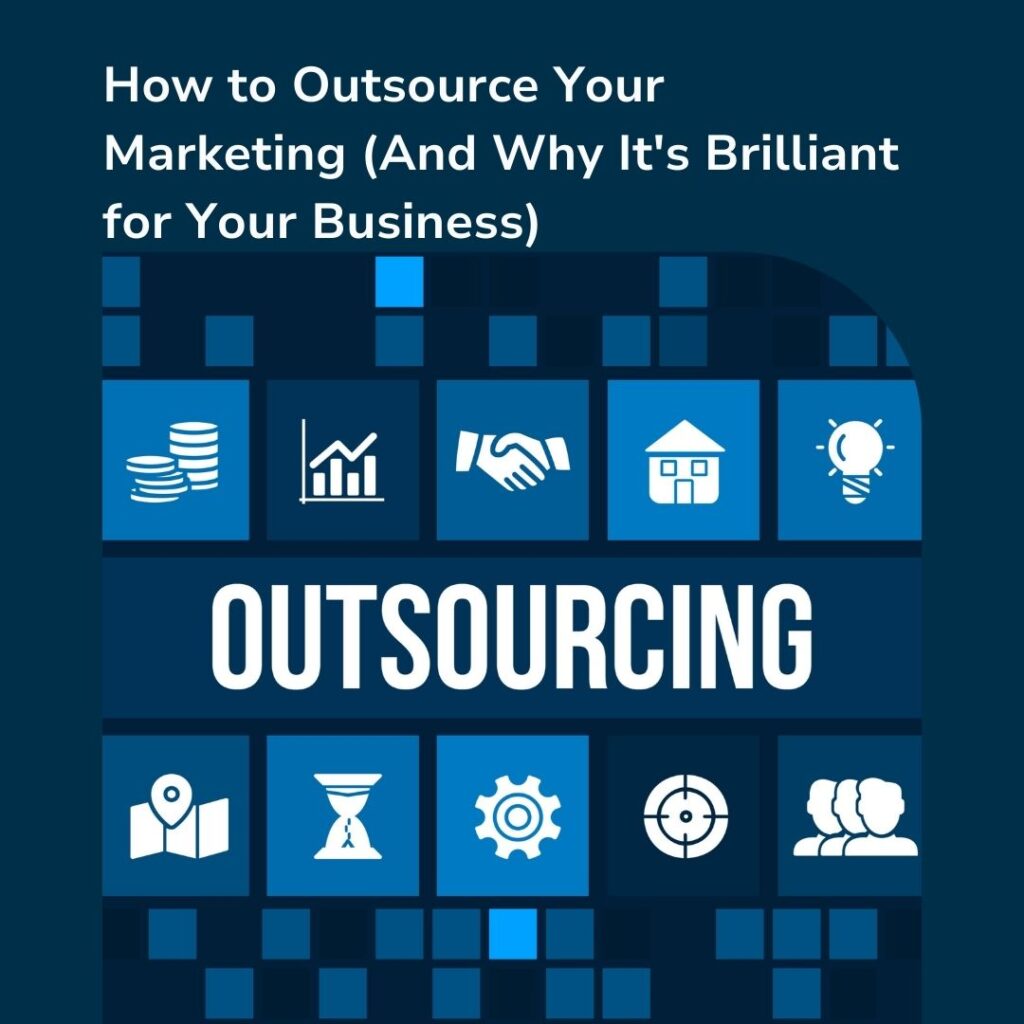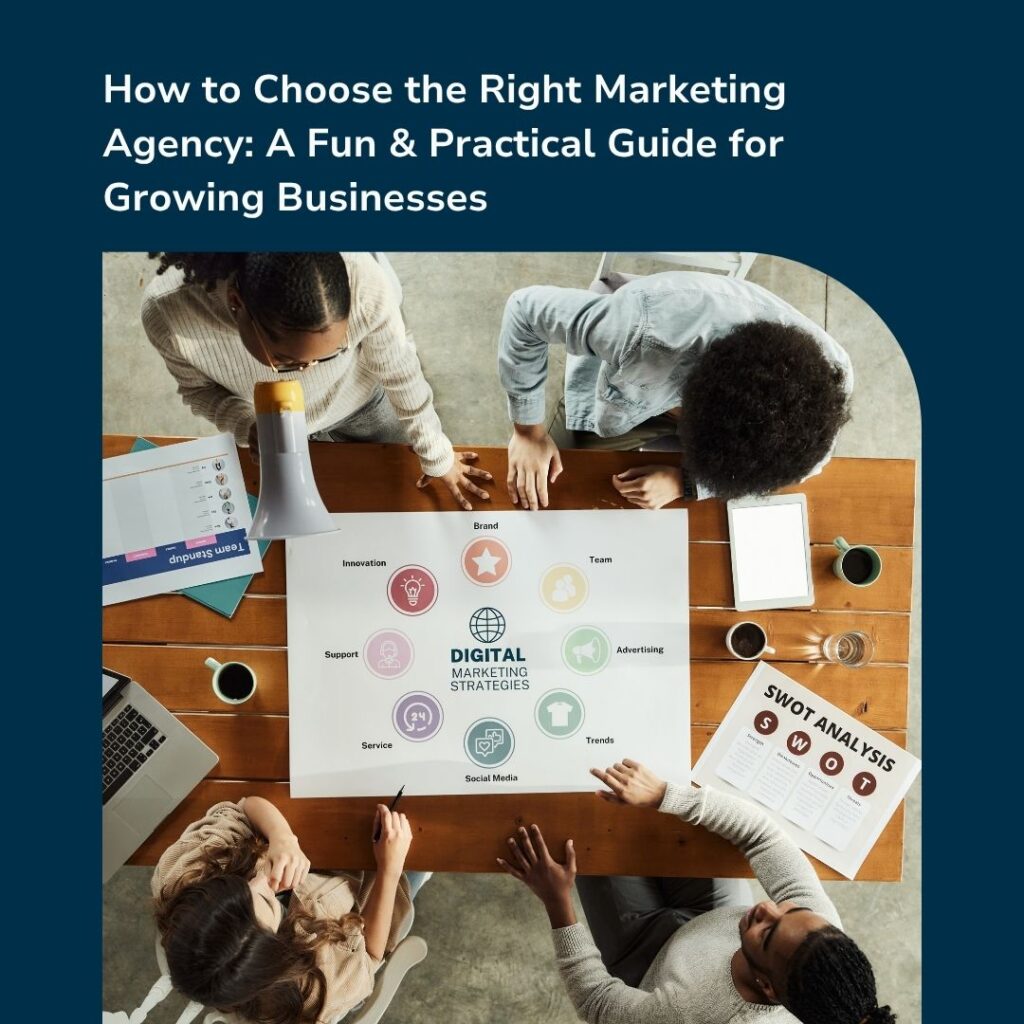It’s no secret that social media has a huge impact on our lives. We can access it from anywhere, and it allows us to stay connected with friends and family all over the world.
But what many people don’t realise is that social media can also have a negative impact on our mental health.
In this blog post, we will discuss the dark side of social media and how it can affect our mental health.
Is Social Media Really Negative?
Of course, not! The positives of social media vastly outweigh the negatives.
Social media can provide us with an outlet to connect with like-minded individuals, express our opinions and views, share stories and experiences and keep up to date with current events. It’s a great way to stay in touch with friends and family without having to physically meet them.
Businesses use social media to reach more customers and network with other businesses. It also helps businesses to stay ahead of the competition.
The Negative Effects Of Social Media On Mental Health
However, there is a downside to our dependence on social media that can lead to mental health issues. If we are not careful, too much time spent on these platforms can lead to feelings of jealousy, low self-esteem and depression.
The negative effects of social media on mental health include:
Isolation and Loneliness
People who constantly use social media tend to isolate themselves from their friends, family and the world around them. This leads to feelings of loneliness, which can further exacerbate feelings of depression and anxiety.
Digital Jealousy
Jealousy is a common emotion that arises when we compare ourselves to others. This can be dangerous when it comes to social media, as it can lead to feelings of inadequacy and insecurity. While scrolling through online feeds, it’s easy to feel like everyone else is doing better than us which leads to feelings of worthlessness
Anxiety and Stress
Social media can be an overwhelming experience due to the constant influx of information and notifications. This can lead to feelings of anxiety as we try to keep up with the latest trends and news.
Similarly, we can feel a great deal of stress when we compare ourselves to others on social media, or if our posts don’t get enough likes or comments. This kind of stress can lead to feelings of anxiety and depression over time.
Cyberbullying
Cyberbullying is an increasingly common form of bullying which takes place over digital devices such as phones, computers and tablets. It can include sending abusive messages or comments, posting embarrassing pictures of someone or deliberately excluding someone from social media groups. Cyberbullying has been linked to depression, low self-esteem and anxiety in victims.
Poor Sleep Quality
Social media can also interfere with sleep patterns, which can then lead to fatigue and other mental health issues. Some people even get sleep deprived, due to spending too much time on their phones or computers, or by being glued to notifications from social media accounts.
Spending too much time on social media can also lead to distraction and a decrease in productivity, which can further contribute to mental health issues.
Negative Body Image
Seeing unrealistic images of ‘perfect’ bodies on social media can create an unhealthy view of our own bodies. This can lead to feelings of shame, depression and low self-esteem.
Additionally, it may also cause us to become obsessed with dieting or exercising in order to obtain a ‘perfect’ body image. This leads to people creating an unrealistic picture of themselves, which can have damaging effects on their mental health.
FOMO (Fear Of Missing Out)
Fear of missing out can lead to feelings of anxiety and depression, as it makes us feel like we are missing out on something if we aren’t constantly connected to our social media accounts. Similarly, you feel that you’re missing out a lot in life when you focus only on the life of others. This can lead to feelings of inadequacy and insecurity which can further contribute to mental health issues.
Signs That Social Media is Affecting Your Mental Health
There are several signs that social media is having a negative effect on your mental health. Here are some of the most common
1. You spend too much time on your phone, laptop or tablet
2.You feel like you’re constantly comparing yourself to others online
3. You experience feelings of jealousy, inadequacy or insecurity when scrolling through feeds
4. You feel anxious and stressed when you can’t keep up with the latest trends or news
5. You are easily distracted by notifications from social media accounts
6. You have a negative view of your body because of unrealistic images online
7. You experience feelings of FOMO
8. You are regularly the target of cyberbullying
9. You have difficulty sleeping or find yourself feeling fatigued more often than usual
10. You feel depressed and anxious because of your experiences on social media
If you think that social media is having a negative effect on your mental health, it’s important to take steps to protect your wellbeing.
Social Media Self-Care: Tips
Set Time Limits
It’s important to set limits on the amount of time you spend on social media, so that it doesn’t become overwhelming or interfere with your daily life. Try limiting yourself to no more than 30 minutes per day.
If you are someone who regularly spends 4-5 hours online, start by reducing your screen time in small increments. Apps like YourHour can also help you cut down social media usage.
Limit Your Notifications
Notifications can be a huge distraction and can cause anxiety or stress. Consider switching off notifications, or limiting them to only the most important ones. This will help you focus on your tasks without getting pulled in by your phone constantly. For example, you could switch off notifications for games or apps that you don’t use often.
Take Breaks
Taking regular breaks from social media is an important step in protecting your mental health. Try to take a break of at least one day per week, and ensure you’re spending quality time with family and friends instead of scrolling through feeds. You can also try a digital detox where you completely switch off from the online world for a defined period of time
Unfollow Unhealthy Accounts
If you find yourself constantly comparing yourself to others, or feeling down because of what you see on social media, it may be time to unfollow unhealthy accounts and replace them with positive ones that make you feel good about yourself. This way, you can make sure that social media is a great source of inspiration by seeing only positive content.
Try to focus on accounts that inspire, motivate and uplift you, instead of those which make you feel worse about yourself.
Be Selective With What You Share
Social media can be a great way to stay connected with friends and family, but it’s important to think carefully before you post personal information or images online. Always remember that anything you share can have an impact on your mental health, so only post things that make you feel good about yourself.
Seek Professional Help
If you feel like social media is having a significant negative impact on your mental health, it’s important to seek professional help. Speak to a counsellor or therapist who can help you understand how to manage your use of social media in a healthy way and provide you with strategies for coping with the feelings of anxiety and stress that come with spending too much time online
Be Kind to Yourself
It’s important to remember that what you see online is not always true or accurate. People often tend to share only the best parts of their lives on social media, so try not to compare yourself and be kind to yourself. Remember that you are unique and special in your own way, and don’t be too hard on yourself if you feel like you’re behind everyone else.
With these simple steps, you can take control of your mental health and ensure social media is a positive experience for you. It may take some time to get used to, but the effort is worth it in the end.
The Bottomline
To conclude, remember that social media can be an amazing tool for connecting with friends and family but it’s important to be aware of the potential negative effects it can have on your mental health. Taking these steps can help you manage your use of social media in a healthy way, so that you don’t become overwhelmed or overly stressed by it. So set limits, be mindful of what you post online and try to find a balance in order to protect your mental health.
Good luck!










